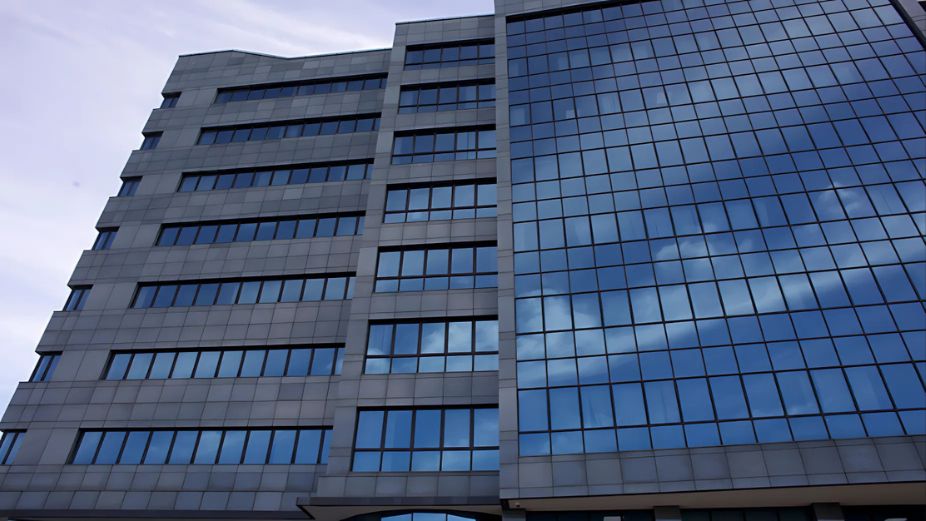
The Maldives Monetary Authority (MMA) has reported that the country’s usable reserves stood at USD 63.2 million at the end of 2024. This marks an increase of USD 15.1 million compared to November, when reserves were recorded at USD 45.8 million. The rise reflects ongoing efforts to stabilise the country’s financial situation amidst broader economic challenges.
Official Reserves and Short-Term Obligations
The MMA’s data shows that the Maldives’ official reserves reached USD 673.2 million by the end of December 2024. However, the reserves are weighed down by short-term net drains amounting to USD 758.6 million—funds that must be allocated for loan repayments and other financial obligations within the next 12 months.
In addition to the official reserves, the MMA holds USD 146.3 million invested in local banks and USD 2.3 million in securities. These investments, totalling USD 148.56 million, are not included in the official reserves calculation. Including these assets, the Maldives’ total reserves amount to USD 821.8 million.
Trends in Usable Reserves During 2024
Usable reserves fluctuated significantly throughout the year, reflecting the country’s ongoing financial instability. Key figures include:
- June: USD 66.9 million
- July: USD 43.6 million
- August: USD 61.2 million
- September: USD 48.8 million
- October: USD 31.5 million
- November: USD 45.8 million
- December: USD 63.2 million
Factors Behind Financial Challenges
The Maldives’ financial difficulties have been highlighted by credit rating agencies Fitch and Moody’s, which downgraded the country’s credit rating in 2024. The downgrades were attributed to a decline in reserves, lack of investments, and policy decisions by the previous administration, including borrowing at high-interest rates and excessive currency printing during the COVID-19 pandemic.
Government’s Efforts to Stabilise Reserves
In response to the challenges, the current administration has implemented several initiatives to bolster state reserves and mitigate foreign currency shortages. A USD 400 million currency swap facility was secured from the Reserve Bank of India (RBI), part of which has been invested in local banks. Additionally, a new Foreign Currency Law, set to take effect on 28 January 2025, mandates tourism facilities to exchange a portion of their foreign earnings through local banks, aiming to increase the availability of foreign currency in the local market.
While the recent increase in usable reserves offers some relief, the Maldives continues to face significant financial pressures. The success of the government’s measures, including the Forex Law and the RBI currency swap facility, will be critical in addressing the country’s foreign currency needs and improving its economic stability in 2025.











